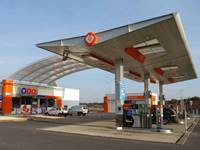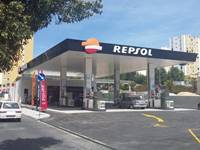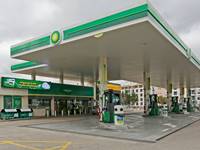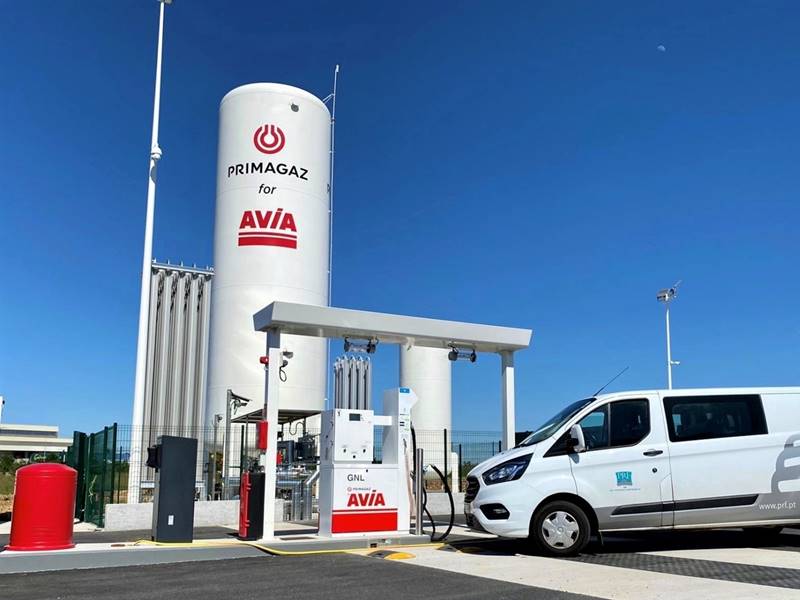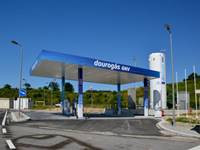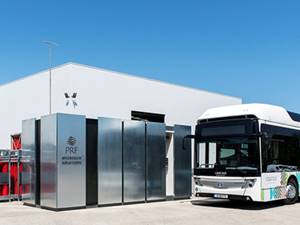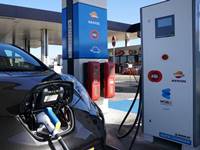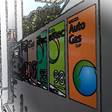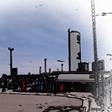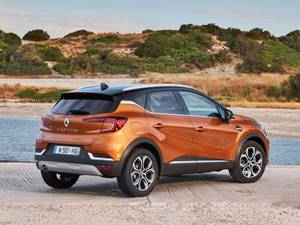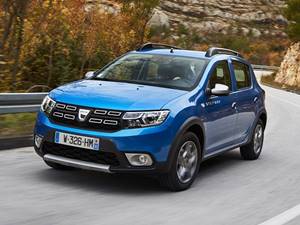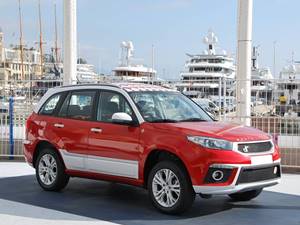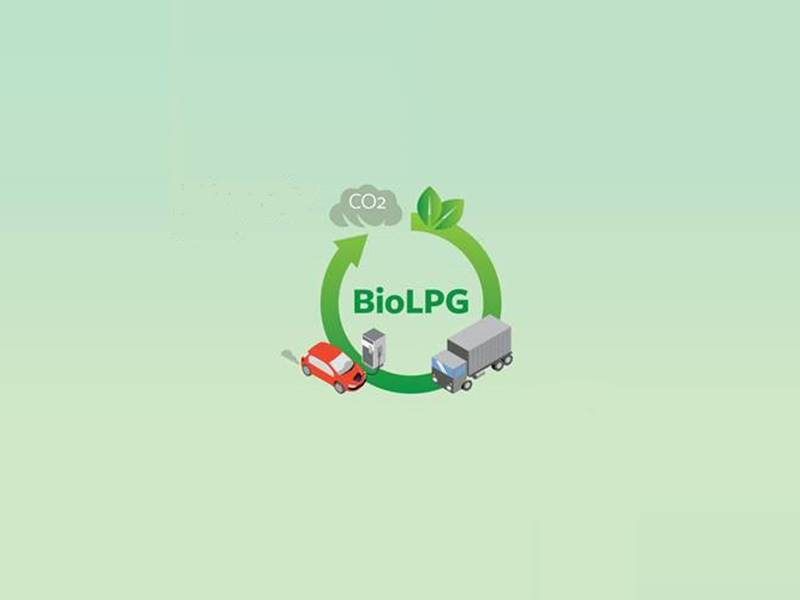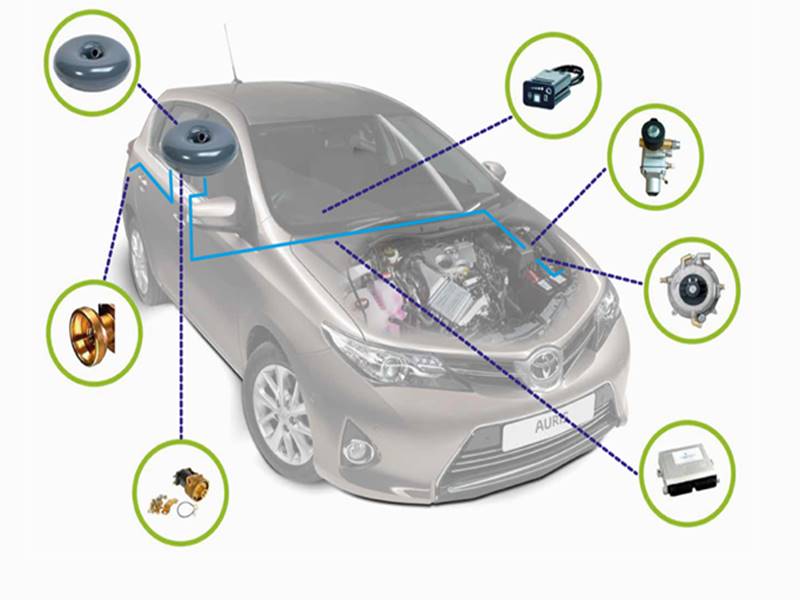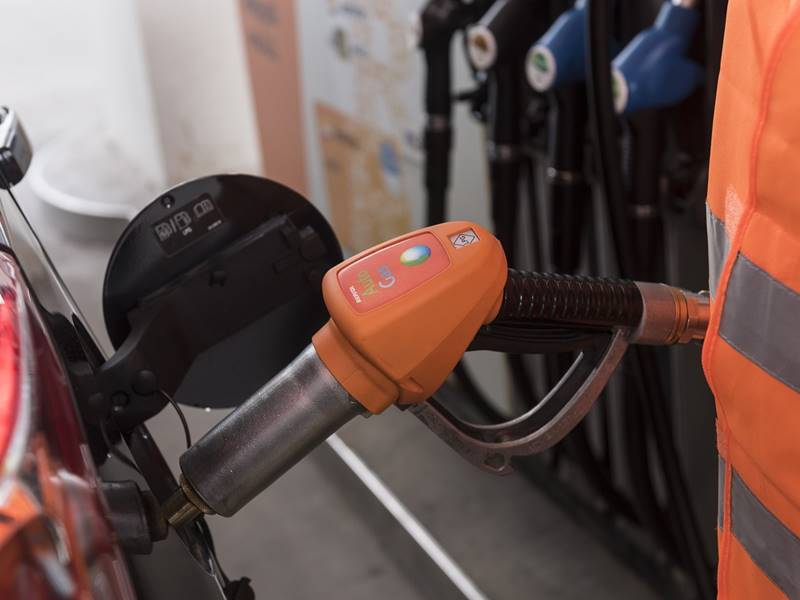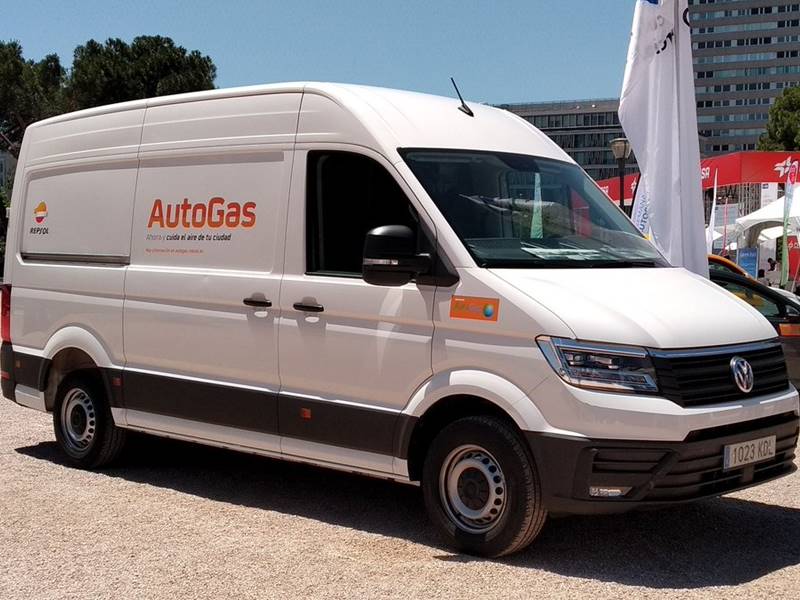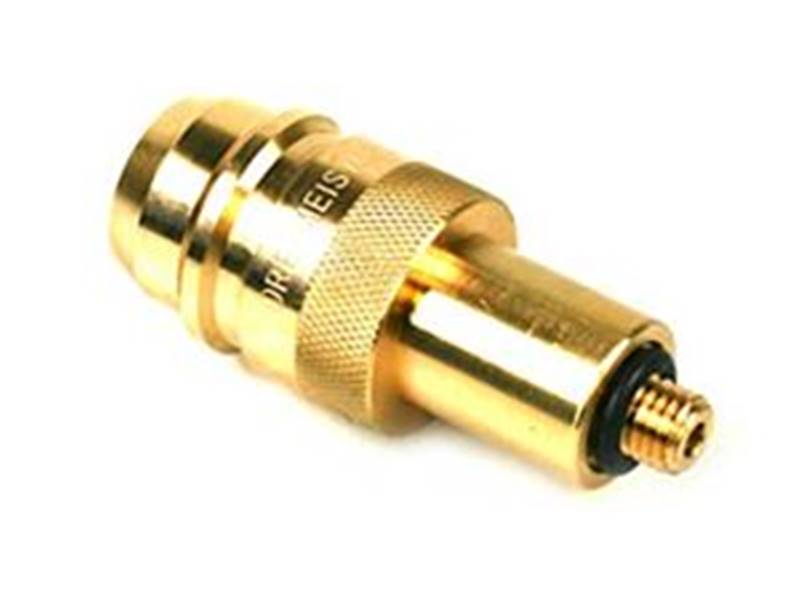alternative fuel prices in Portugal
LPG price in Portugal in
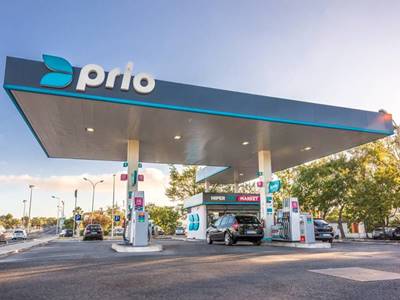
In recent decades, several factors have led to an upward trend in the price and consumption of oil derivatives. Abuse in its use, wars in free trade zones, speculation, climate change and human health itself make the development of new energy sources urgent. Although there are projects for vehicles powered by renewable energy sources (solar, wind, etc.), the automotive sector has not been able to disconnect from its dependence on black gold. It is in this context that LPG Auto appears as an immediate alternative to traditional petrol and diesel. Although it is a derivative of oil or natural gas, autogas has two strong points that move Portuguese society: it is cheap and less polluting.
In Portugal, the number of vehicles powered by autogas was estimated at 40,000 in 2010, reaching around 100,000 today, with a network of more than 340 refuelling pumps. In 2009, consumption in this market segment was 26,600 tonnes of LPG. But since Autogas, as presented above, is an excellent alternative to conventional fuels, why is it not much more widespread in Portugal?
The lack of knowledge among potential users, as well as the lack of support from Portuguese public administrations, may explain why it has not been as widespread as in other countries, although this is changing with the arrival of BioGLP and the great publicity being created by the major fuel distribution brands.
The price of automotive LPG in Portugal is considerably cheaper than traditional alternatives, even without public support in the form of tax subsidies, which makes the future of automotive LPG in Portugal very promising.

